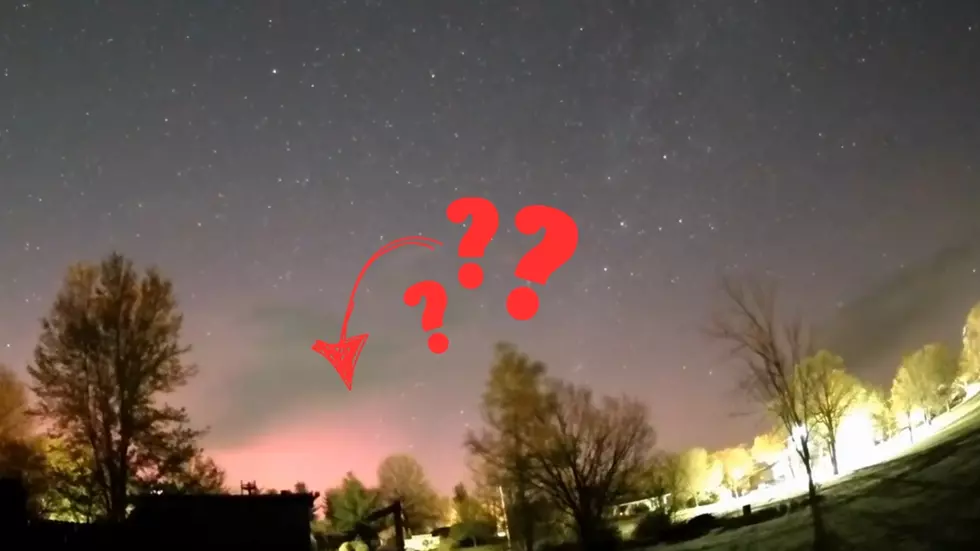Deer Resistant Plants
Information from Susan Jonganeel at the University of Illinois
URBANA -- Selecting plants that are deer-resistant has long-term benefits. University of Illinois Extension horticulture educator Andrew Holsinger said that if plant selection is done properly, it should be possible to reduce undesired deer damage.
“Deer find some plant species more palatable than others,” he said. “Often, some ornamental plants used in landscaping are preferred because they are fertilized and irrigated, making them nutrient-rich and moist.”
Fertilized plants, such as those adorning backyard landscapes, provide protein, energy-rich carbohydrates, minerals, and salts.
“If homeowners have a selection of plant species that are favored by deer, they can expect frequent dinner guests in their garden,” Holsinger noted.
“Nuisance deer that frequent the home garden can damage young trees,” he continued. “Damage that is caused by deer browsing or rubbing with their antlers can be permanent.”
He noted that, particularly in conditions that favor high populations of deer and situations of increased food scarcity, there is no such thing as a deer-resistant plant.
“Lists that have been compiled of deer-resistant plants offer guidance in plant selection, though most of them are based on trial-and-error data rather than controlled scientific studies,” said Holsinger.
A list compiled by The Morton Arboretum can be found at: http://m.extension.illinois.edu/wildlife/files/plants_deer_avoid.pdf.
Deer should be discouraged immediately when signs of damage appear.
There are three basic options for discouraging deer:
- Exclusion. White-tailed deer are excellent jumpers. Fences need to be at least 8 feet tall to keep deer out.
- Repellents. Repellents will reduce the damage cause that deer cause to vegetation but will not eliminate it.
- Habitat modification. For a more complete list of perennials that are deer-resistant in Illinois, visit the Gardening with Perennials website:
“Deer may browse new plantings or established plants with tender new growth,” said Holsinger. “Those same plants may be unaffected after the leaves mature.”
Extension has a website (http://web.extension.illinois.edu/deer/). The local county extension office may have suggestions; to find the nearest county extension office, go to http://web.extension.illinois.edu/state/findoffice.html.
More From KHMO-AM 1070, News-Talk-Sports









